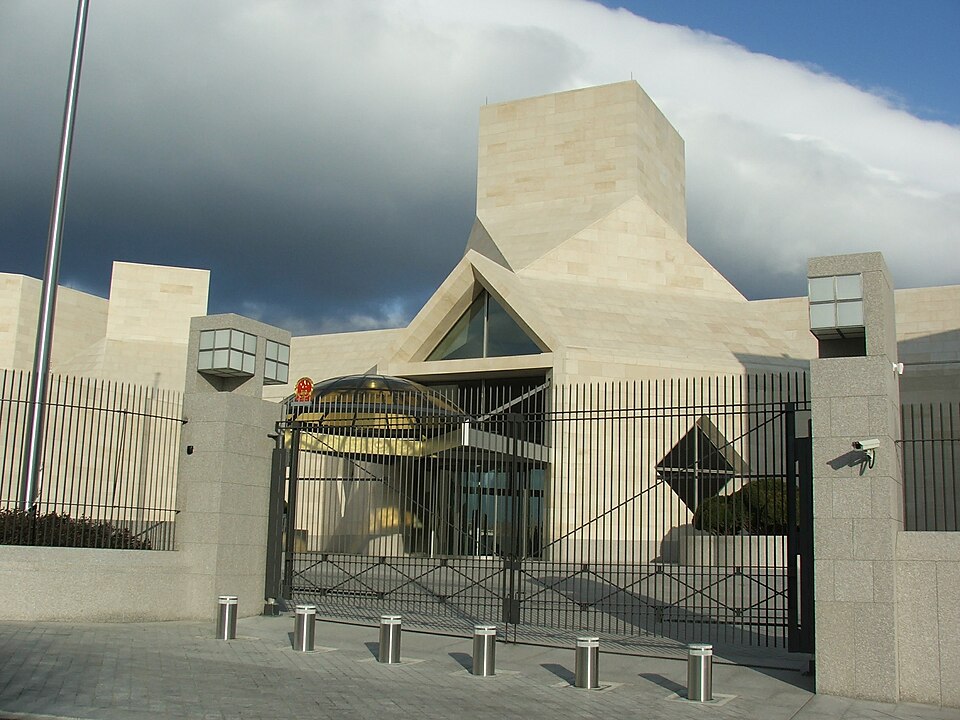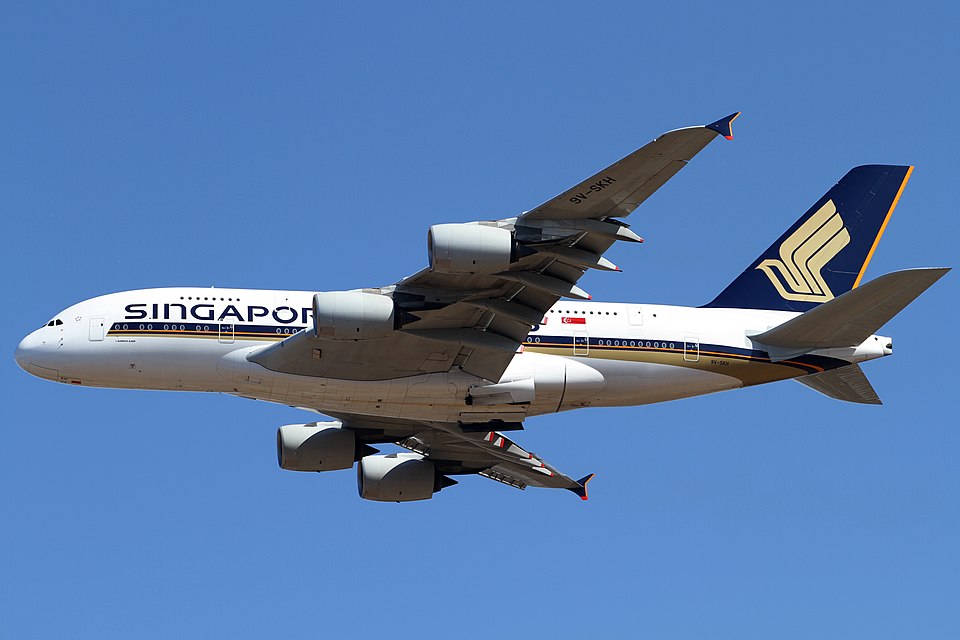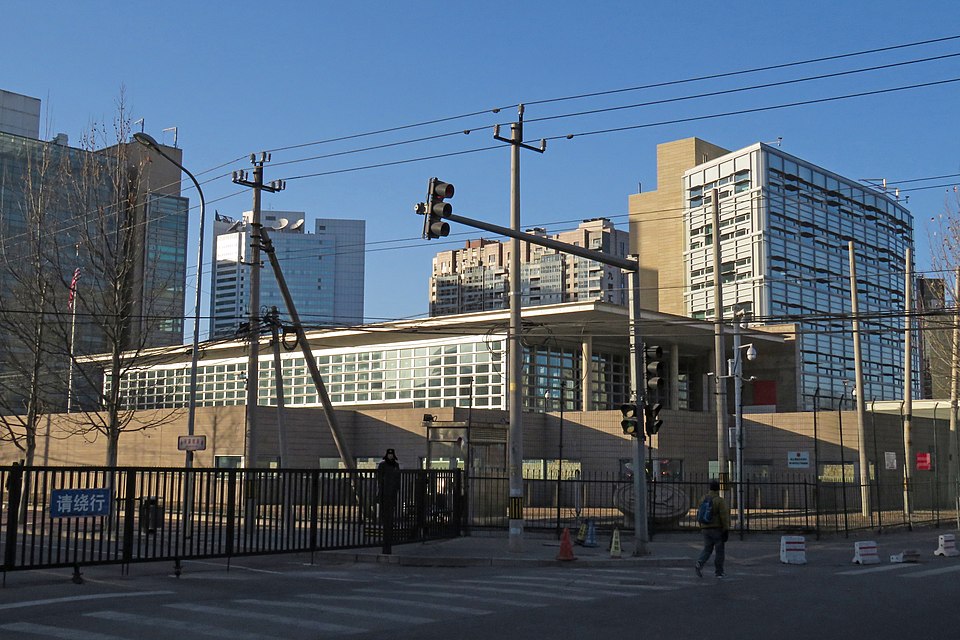
An intensifying call for the British Museum to repatriate Chinese artifacts has ignited social media discussions following the recent theft of around 2,000 items. This demand gained significant
traction on Weibo, becoming the most trending topic after being highlighted in an editorial by a state-run nationalist newspaper, the Global Times.
In the editorial published on Sunday evening, the Global Times urged the British Museum to return all Chinese cultural relics "free of charge." This plea has attracted widespread attention, although the Chinese government has not yet provided an official response.
The BBC has contacted the British Museum for a statement, but no response has been received thus far.
The British Museum has faced mounting pressure since the revelation of approximately 2,000 "missing, stolen, or damaged" items two weeks ago. A staff member was dismissed in response to the initial news, and recently, Director Hartwig Fischer announced his intention to step down.
The Global Times editorial highlighted alleged shortcomings in the museum's care of "cultural property belonging to other countries." The piece criticized the management and security loopholes exposed by the theft scandal, asserting that these weaknesses contradict the long-standing assertion that foreign cultural items are better protected within the British Museum.
The British Museum boasts the most significant collection of Chinese antiquities in the Western world. Its inventory includes approximately 23,000 Chinese artifacts spanning from the Neolithic era to the present, encompassing items such as paintings, prints, jade, bronzes, and ceramics. Among its treasures is a reproduction of the masterpiece "Admonitions of the Instructress to the Court Ladies," a pivotal work in Chinese art history.
This is not the first time that Chinese netizens have demanded the repatriation of artifacts from the British Museum, with nationalistic sentiment playing a role in recent appeals. However, the editorial on the recent theft has generated more substantial conversation this time around.
The hashtag "The British Museum please return Chinese antiquities" soared to the top of Weibo's search chart until noon local time on Monday, garnering over half a billion views.
While many support the call for repatriation, others express skepticism, suggesting that actions should be taken beyond social media rhetoric.
The Global Times, known for its assertive stance, has previously published English-language editorials criticizing the West. It remains uncertain whether the Chinese government will take concrete action following these appeals.
The call for repatriation isn't limited to China. Other countries, triggered by the theft incident, have questioned the British Museum's reliability in safeguarding their cultural treasures. Greece, for instance, renewed its call for the return of the Parthenon Sculptures, while Nigerian officials have also demanded the restitution of the Benin Bronzes.
Tim Loughton MP, Chairman of the all-party parliamentary group for the British Museum, labeled such calls as "opportunistic," urging collaboration in retrieving objects rather than exploiting the situation. Photo by Eric Pouhier, Wikimedia commons.


























